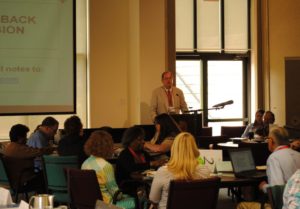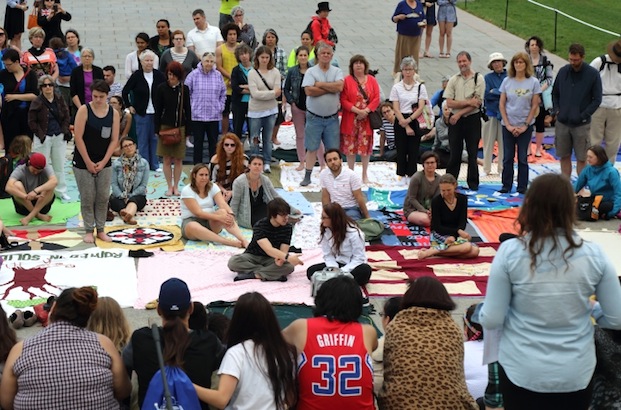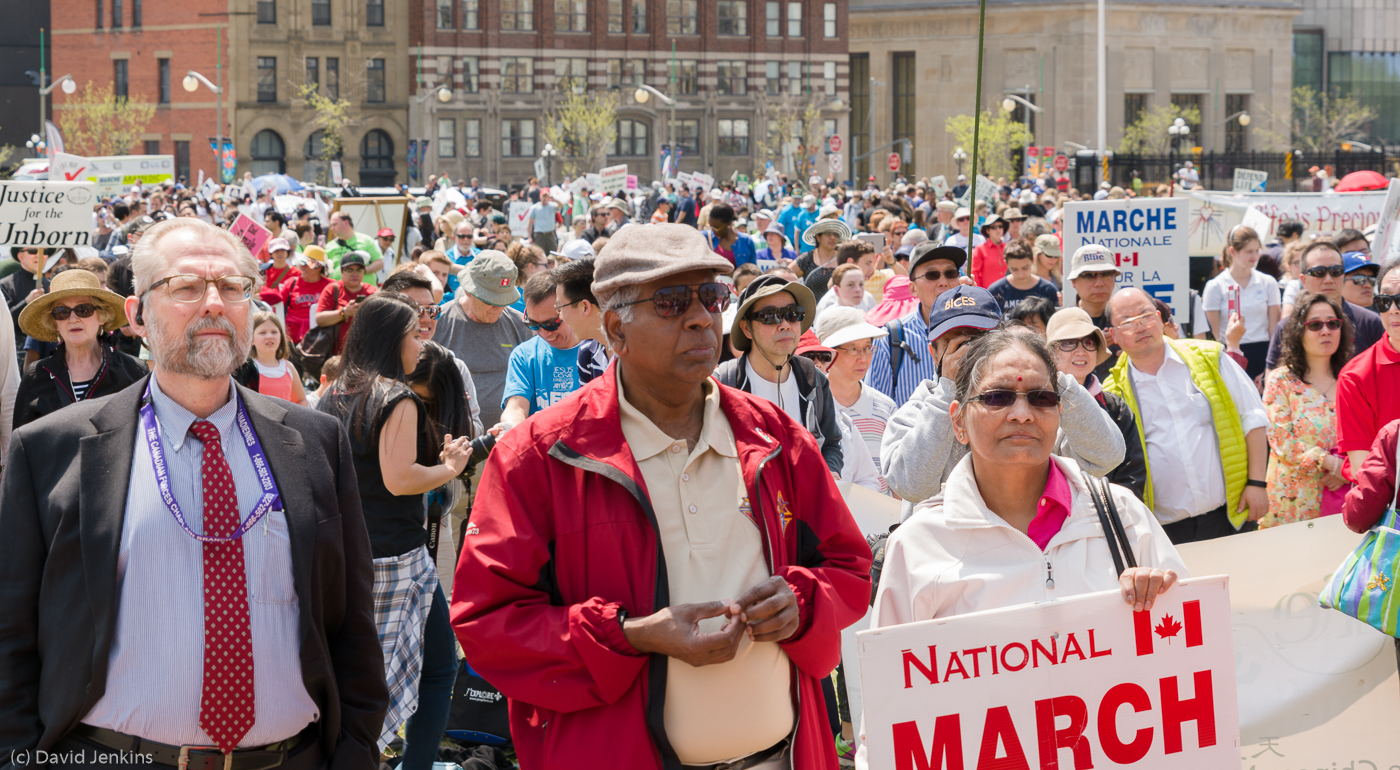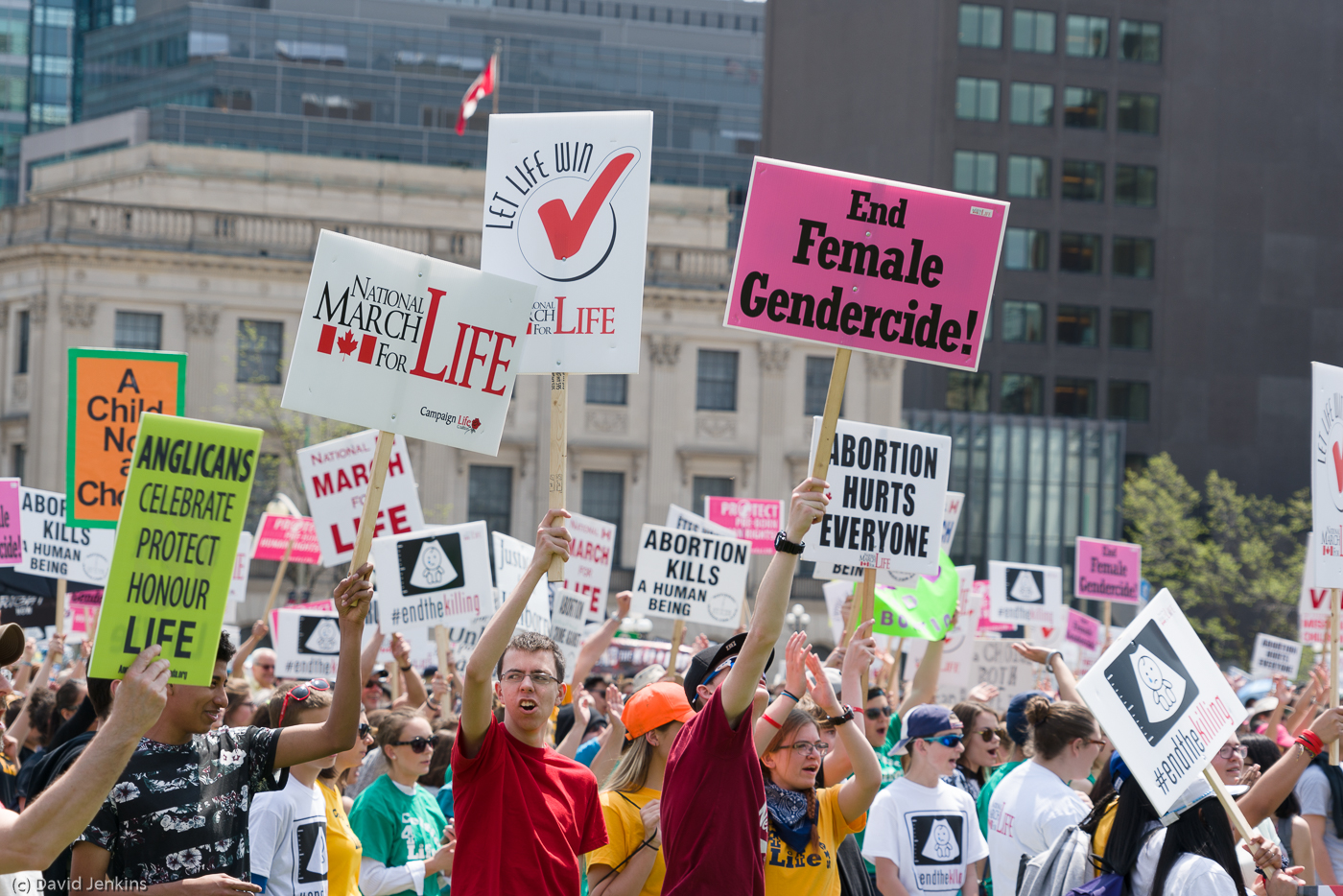Read it all here:
The previous mandate of the Journal, as specified in the handbook of the General Synod, is to be “a national newspaper of interest to the members of the Anglican Church of Canada, with an independent editorial policy and not being an official voice of or for the church.”
The new mandate reads, “the General Synod shall produce and distribute journalistic content of interest to the members of the Anglican Church of Canada, whose purpose is to connect and reflect the Church to internal and external audiences, providing a forum for the full range of voices and views across the Church.”
The Journal has always had a bias towards theological liberalism, so for all intents and purposes, it has always been a mouthpiece for the Anglican Church of Canada. The only difference now is that it is no longer pretending to do otherwise.
There is one thing that could change, though: currently, the Journal receives over $500,000 yearly from Canadian Heritage – from our taxes – but only if it maintains editorial independence.
Consequently, the print edition, once distributed with gay abandon – even I used to receive one – now has to be requested:

The article go on to note:
The new editorial policy states that the Journal is expected to “adhere to the highest standards of journalistic responsibility, accuracy, fairness, accountability and transparency” and publish journalism which is “fact-based, fact-checked and in-depth, tackling important issues, asking and answering difficult questions.”
This is Newspeak for “The new editorial policy will adhere to the highest standards of journalistic responsibility by promoting same-sex marriage, climate change activism, anti-capitalism, anti-Trumpism, abortion and euthanasia insouciance, anti-Israel bigotry, fossil-fuel phobia and ecclesiastical wokeness, even when the subject at hand has nothing to do with those topics”.


 The Anglican Journal’s print edition may be discontinued after a “lengthy transition period” and its mandate as an editorially independent news source may be changed under possible scenarios now being considered by a working group, the Council of General Synod (CoGS) heard Friday, June 1.
The Anglican Journal’s print edition may be discontinued after a “lengthy transition period” and its mandate as an editorially independent news source may be changed under possible scenarios now being considered by a working group, the Council of General Synod (CoGS) heard Friday, June 1.

